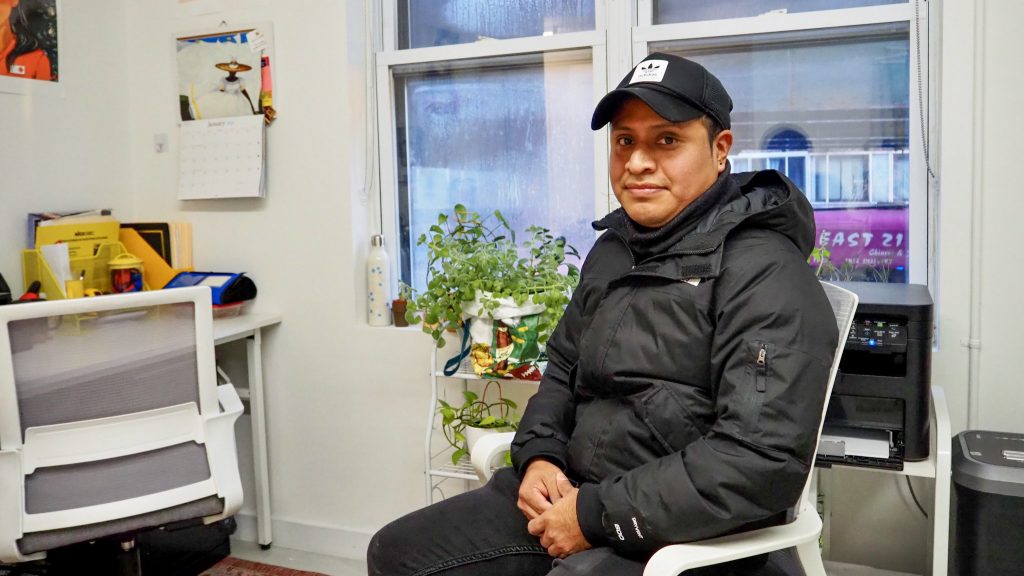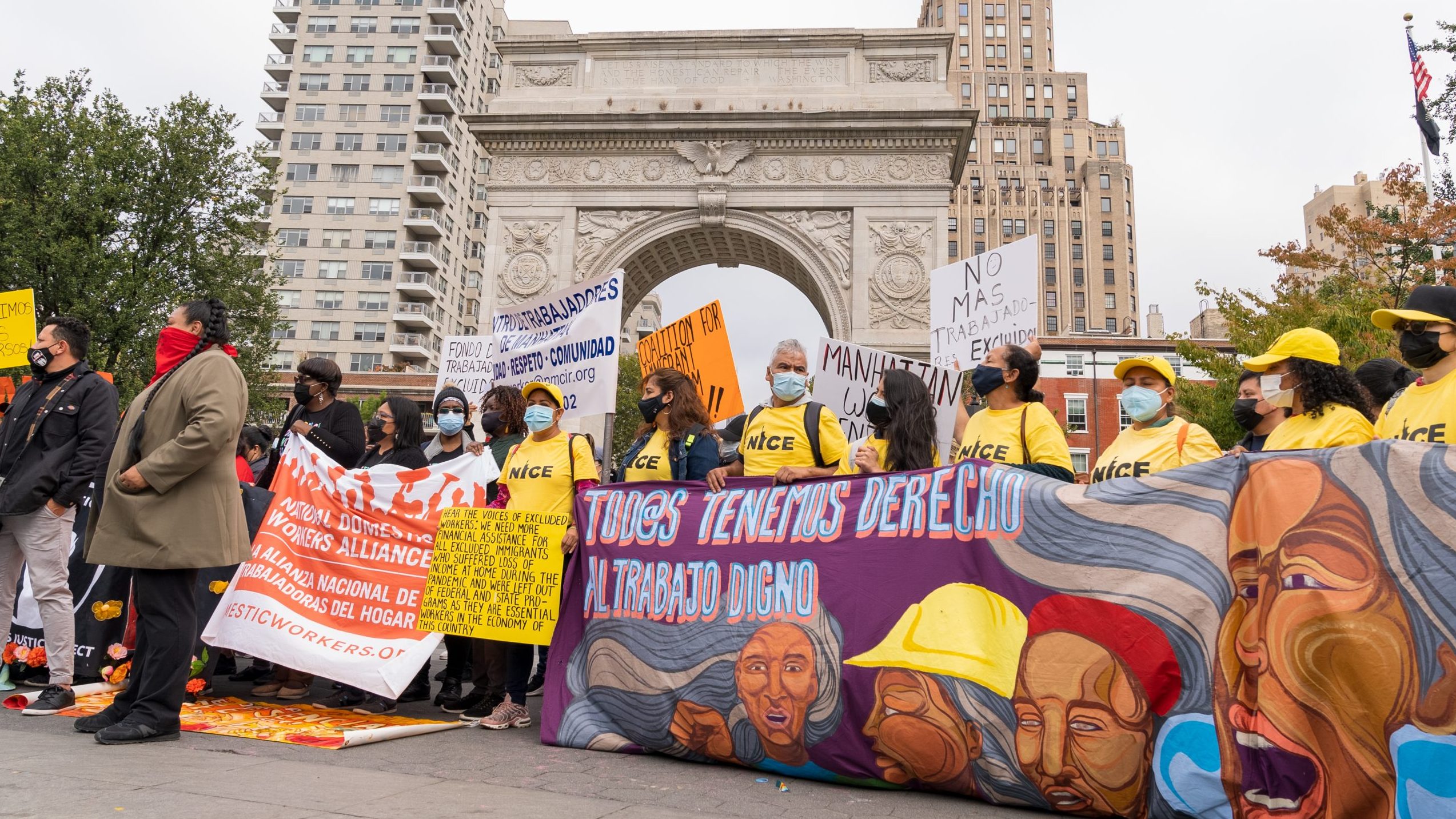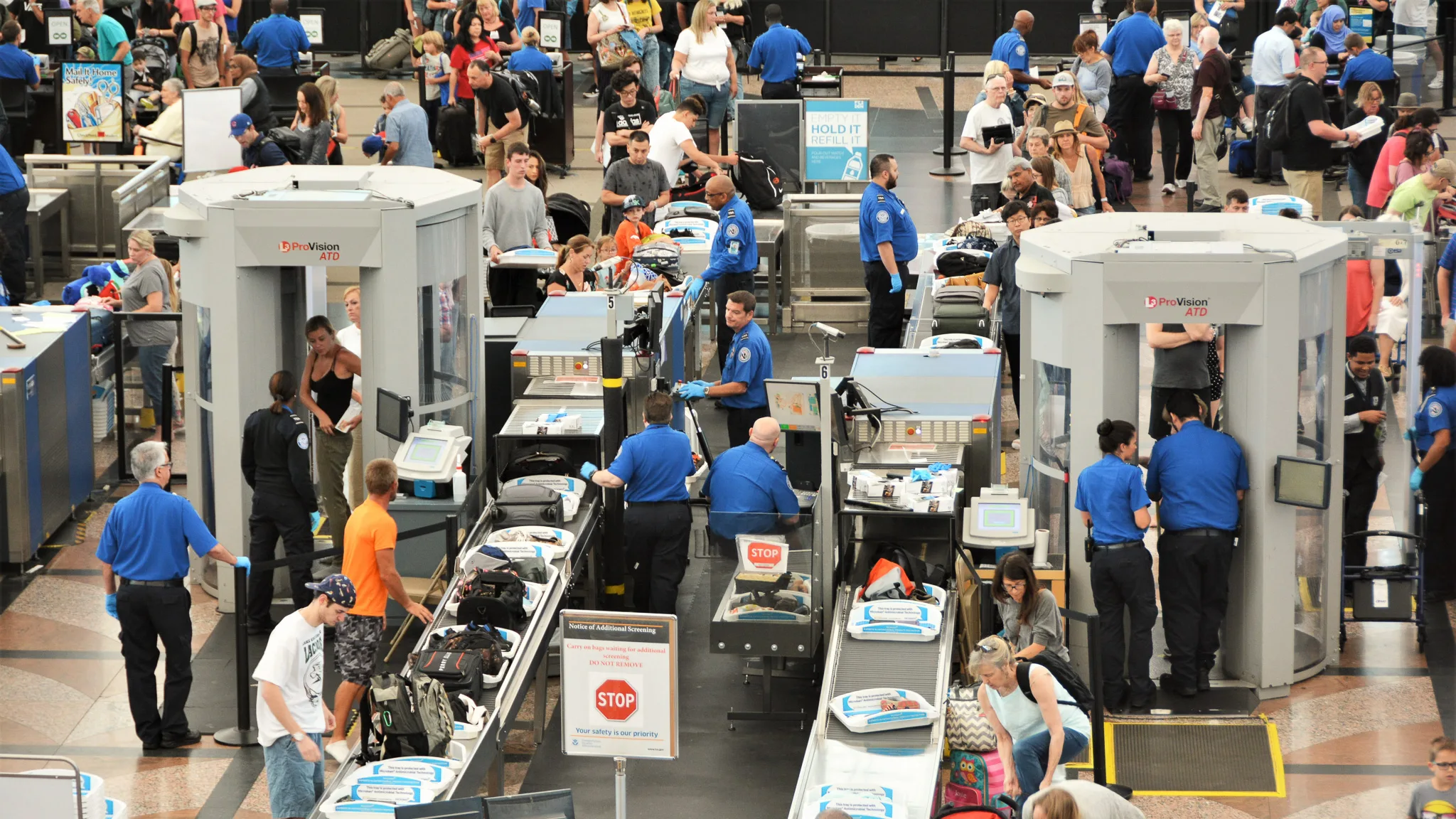Over the past five years, the mayor-funded Low-Wage Worker Support Initiative has allocated about $2 million annually to nonprofits to provide critical legal help for low-wage, immigrant workers in wage theft cases. Last year alone the initiative recovered more than $3 million in stolen wages for immigrant workers.
However, that program will soon be on the chopping block as it was left out of Mayor Eric Adams’ proposed $102.7 billion budget. If cut, immigrant workers victimized by wage theft feel they’ll be left out in the cold.
Last September, Salvador Angel Rivera, 34, took a painting job with All Luxury Contracting to make extra money in preparation for his pregnant wife’s imminent delivery. However, after a week of physically demanding labor, Rivera, who immigrated from Southern Mexico 10 years ago, says the boss didn’t have enough money to pay him the $1,200 he owed him and he would be paid the following week.
Also Read: Restaurant Workers Struggle to Recover Wages Stolen During the Pandemic
“The employer said he was going to send the money but it never happened,” Rivera said. “But he kept saying to keep working.”
After two more weeks of management giving him the runaround, Rivera decided to seek legal help from New Immigrant Community Empowerment (NICE), a worker’s center based in Jackson Heights, Queens, where he received his Occupational Safety and Health Administration (OSHA) certification. After reaching out to several lawyers, Rivera said no one was willing to take the case because the amount was so low.
“I was feeling angry and I was feeling desperate because I was counting on that money to live,” said Rivera. “At the time my wife was pregnant, so she was telling me to keep calm and that I would find another job, but I was worried about what I was going to do.”

Sara Feldman, director of NICE’s Worker Rights program, said that since their program first launched in 2018, they have had 2,177 individuals file wage theft cases with numbers steadily increasing every year. Feldman said the funding was essential in allowing the nonprofit to expand that work. In 2022, NICE calculated their cases totaled $1,009,540.95, reported in stolen wages, and they recovered a little under a quarter of those wages: $216,082.00. But without city funds, Feldman argues, NICE would be unable to help recover stolen wages and advocate for stronger worker protections.
It’s estimated that over $1 billion dollars in wages are stolen from New York City workers every year, or about $20 million in stolen wages every week.
“Wage theft is actually the business model in the construction industry, restaurant industry, and cleaning industry,” Feldman said. “It’s not just a one-time thing, it’s systematic.”
According to Antonia House, program manager and coalition coordinator with TakeRoot Justice, the $2 million allocated to the Low-Wage Worker Support Initiative has allowed non-profit organizations to recover, in total, $3,054,300.58 in stolen wages in 2022 through private mediation, in addition to civil lawsuits and filing Department of Labor complaints.
“That funding is the only city funding that’s dedicated to this work and it had been renewed every year,” said House. “We were optimistic that it was going to be renewed this year because Adams in his blueprint for New York City was talking about essential workers, and the importance of protecting them, and how necessary it was coming out of Covid. But instead, he actually did the opposite. After getting word that the administration was going to renew it, they actually pulled it.”
House said last year the Department of Social Services initially stated they would continue funding the program into the 2023 fiscal year, as they had for years. However, without any reason, the City reneged and said the City Council should be responsible for funding the program.
In 2022, with the active support of City Council Member Shekar Krishnan, the Council was able to step in to continue funding the program, at least, into this year. “Once we learned the administration was not going to support this program as in years past, we created a new City Council Initiative that entirely funds it,” said Krishnan in a statement shared with Documented.
Still, without a plan that ensures the program has guaranteed city funding, its future remains uncertain. When asked if the Mayor was planning on restoring mayoral funding for the program in the next fiscal year, his office declined to comment on the record.
It’s not the first time the program has faced cuts. In 2020, the former de Blasio administration also proposed eliminating the program only to change its mind after a coalition of nonprofits successfully lobbied to restore funding.
House said TakeRoot Justice, NICE, and a coalition of other nonprofits who have received funding through the initiative, are asking for the Council to continue to fund the program into 2024 and for the Adams administration to ultimately incorporate the program into its baselined contracts starting in 2025.
“This is something that the administration needs to be funding and needs to be funding permanently,” she said. “Even if we are getting $3 million back into the pockets of essential workers, it’s just a scratch in the $1 billion. It feels like a waste of resources fighting for it every year when we could just be doing the work.”
Without continued city funding, House said organizations like TakeRoot Justice will be forced to cut staff and dramatically scale back their focus on wage theft cases, adding that she fears workers like Rivera will be left in the cold and the instances of wage theft among low-wage workers will only get worse.
“There will be nowhere for people to go. And the lack of accountability will mean the $1 billion stolen from low-wage workers every year will be exacerbated.”
Rivera remains grateful for the help that NICE has offered him to recover his stolen wages. Although his case is still pending, having a place to turn to has kept his spirits up. Without NICE’s support, he imagines he would’ve been forced to give up.
“I didn’t know what to do,” he said. “I couldn’t go to the boss’s house and start a big argument because I’m worried about my immigration status. If I didn’t know about NICE, I would have left the situation.”















